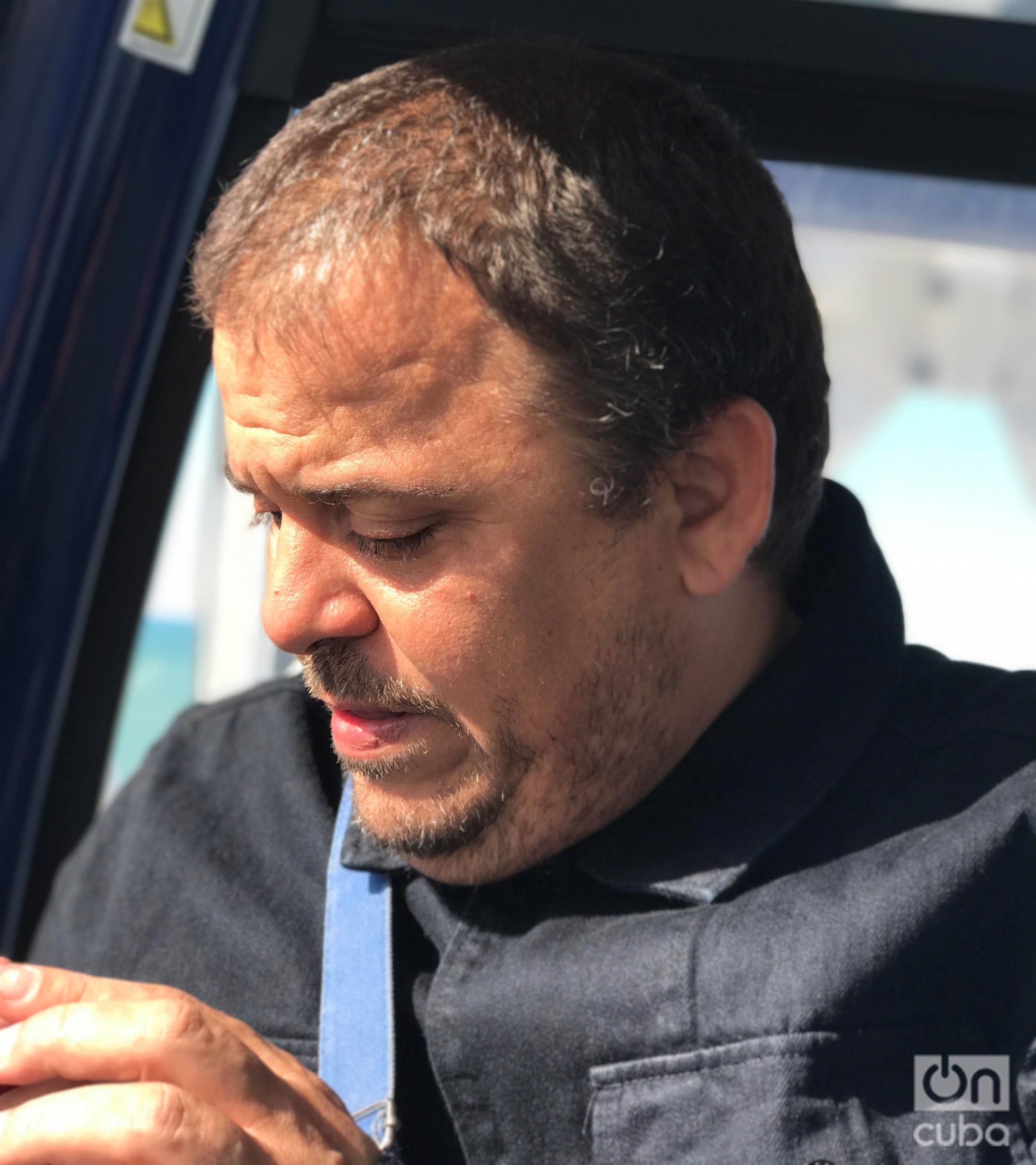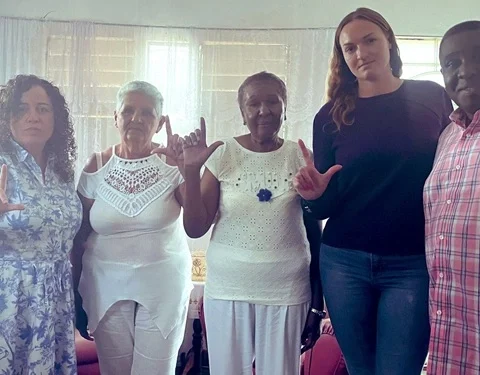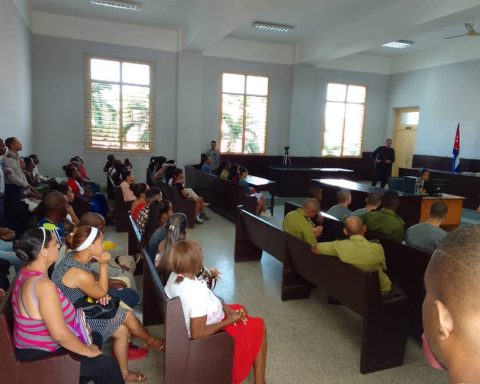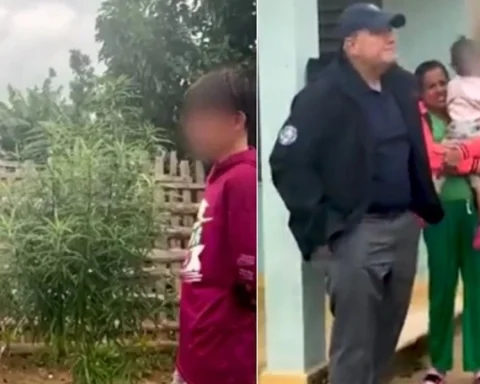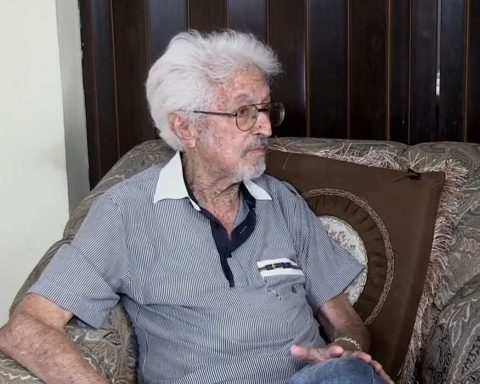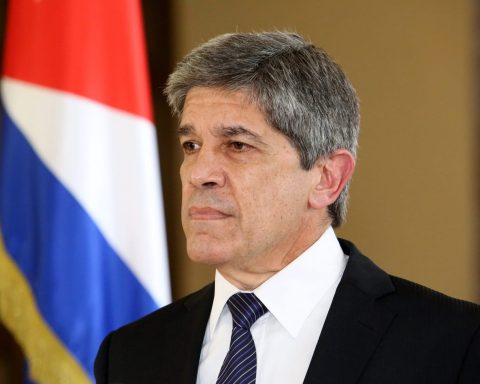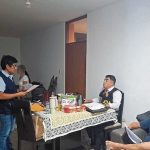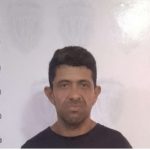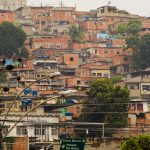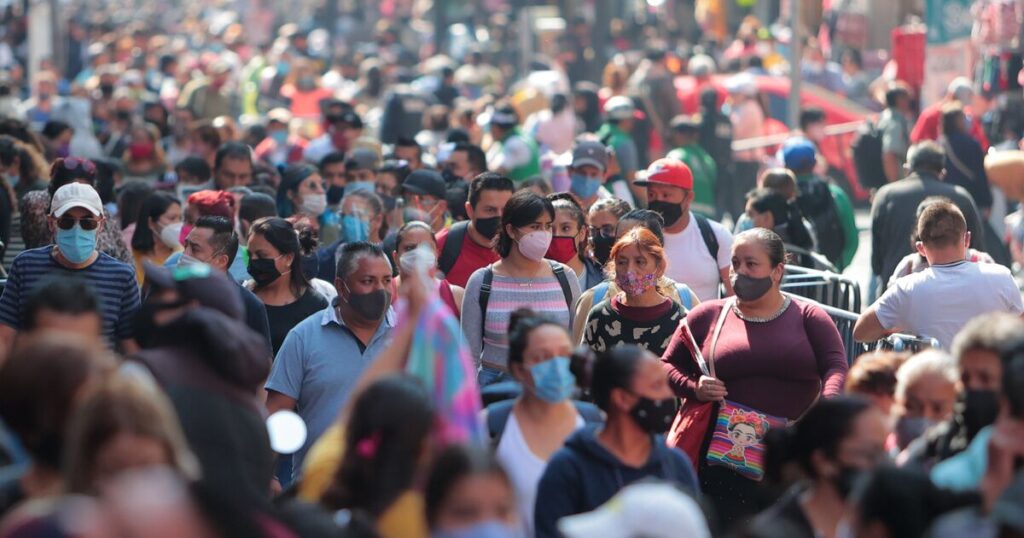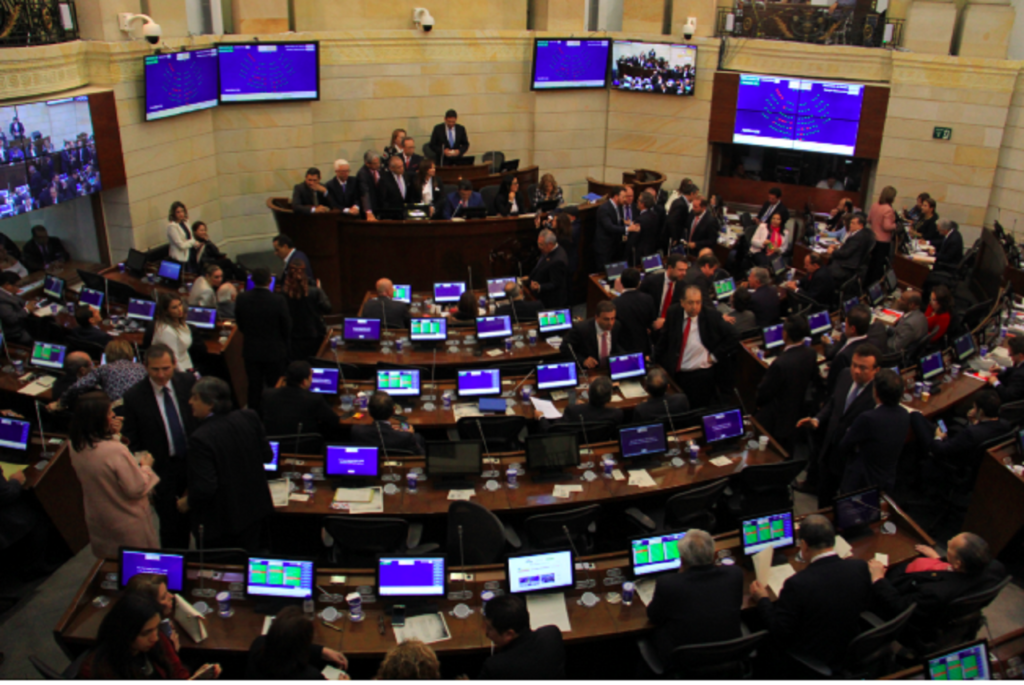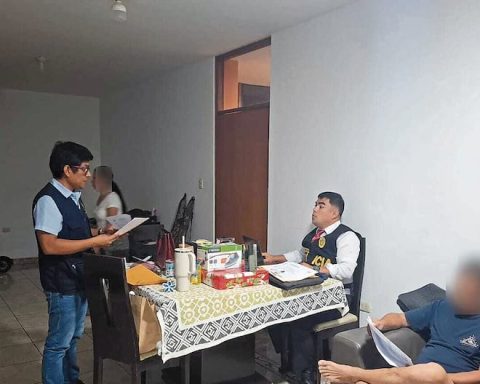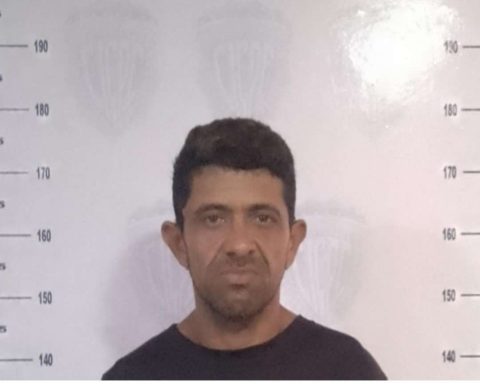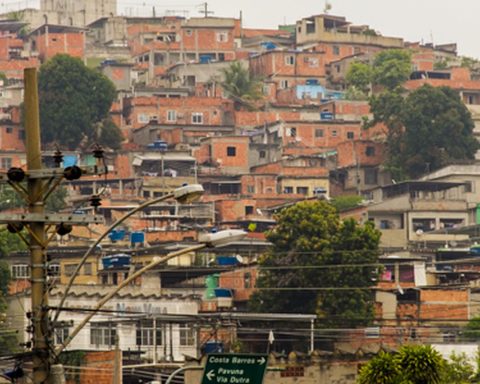The Cuban Institute of Cinematographic Art and Industry (Icaic) clarified this Thursday, through its vice president Tania Delgado, that the filmmaker Lester Hamlet did not receive any sanction and reiterated the director’s right to return to his country, according to official media reports in the Island.
The official explained that the also screenwriter had traveled to Mexico with an official passport to participate in the Community Project La Isla Residencia, for which the institution’s protocol office requested the return of the document, according to an interview published by Cinecuba in your Facebook profile, reviewed by the agency Latin Press (PL).
“The ICAIC has not told Lester Hamlet that he cannot return to Cuba”
? This August 2⃣4⃣, on???Lester Hamlet, published a post on his Facebook profile stating that he had received a call from ICAIC to inform him that he could not return to??for the next 5⃣years pic.twitter.com/DKOw6jgJ1v
— Cubacine ICAIC (@cubacineicaic) August 25, 2022
In response to the artist’s statement, published this August 24, alluding to a supposed prohibition of entry to the Island in the next five years, Delgado clarified that the use of the aforementioned passport corresponds to missions abroad and is valid only within the requested dates.
The person also responsible for international relations at Icaic said that, after more than a month had elapsed since the scheduled date for Lester Hamlet’s return to the country, an official from the protocol area contacted him through the Whatsapp messaging platform.
According to PL, the official specified that the reason for this communication was to ask him if he was already in the country and to require him to return the document, which is not of a personal nature, although its delivery is part of Icaic’s support for filmmakers involved in projects or events of interest to Cuban cinematography.
During a subsequent phone call, Hamlet, who would screen a series of films and teach a script workshop in the state of Quintana Roo, told him of his decision not to return to the Caribbean nation and the official again demanded the return of his passport, he adds. the vice president of the Film Institute.
Delgado also pointed out that at no time was the notice intended to inform him of any sanction and “as the Minister of Culture and the president of Icaic exposed on their Twitter accounts, he can return to the country whenever he wishes,” he said, quoted by the media. .
Also, the board argued that the entity is not empowered to make decisions of this nature and that the director’s statement is painful in which he blames the Institute for having made “the decision to remain outside of Cuba when it is strictly personal.”
On his Facebook profile, Hamlet had previously reported on the call he received from the Icaic protocol department, which according to his version was to let him know about the application of a sanction that would prevent him from returning to Cuba for the next five years “for not to have returned to the Island on time -a time determined by them-…”.
In his post, the director of notable films such as Old house Y It’s not before He assures that his non-return to the country was not a plan in his head, “especially because of the affective ties that bind me to that space that now they do not allow me to be a part of.”
The artist also described the current Cuban society as “broken” that “continues its path towards the most absolute mediocrity.” In addition, he lamented “not being able to be a direct witness of its imminent end.”
It is not the first time that a Cuban intellectual has accused the government of forcing his exile as retaliation for political positions. It has been a common practice that Cuban citizens, mostly doctors and athletes, who have abandoned missions or delegations abroad, are prevented from returning to the country for a period ranging from five to eight years, with few exceptions.
In the case of Hamlet, the quick reaction of Cuban government institutions is striking, something that had not happened before with other public figures who have been prevented from returning due to their discrepancies with the Cuban political system and its Government.
In mid-2019, the Cuban poet and essayist Jorge Luis Arcos (Havana, 1956) was denied entry to Cuba when he was about to board the flight in Santiago de Chile to travel to the island. The intellectual had issued his passport in Buenos Aires , but two officials from Aeroméxico, the company with which he had booked his flight, told him that they had received a telephone communication from the Cuban embassy in Argentina disavowing his trip.
Something similar happened with the award-winning writer Amir Valle, who traveled to Spain in 2006 to present his novel shadow shrine and since then the Cuban authorities have not allowed him to return, for which he was forced to settle as an exile in Germany.
Among the most significant cases in recent times, that of Professor Omara Ruiz Urquiola stands out, who learned last June that she was not allowed to return to the Island when she was waiting to board a plane at the Fort Lauderdale airport in Florida, after spend time in the United States on a tourist visa.
More commotion raised the situation of the young Karla María Pérez, who traveled to Costa Rica to complete her university studies, and was stranded at the Panama airport, when she was about to return to Havana.
Then the Ministry of Foreign Affairs (Minrex) described the young activist as an “instrument of exile” used “for illegal and destabilizing actions against Cuba,” and recalled that “In Cuba there are, as in all countries, immigration laws ( …) we have the same right as any other country to defend ourselves.”
